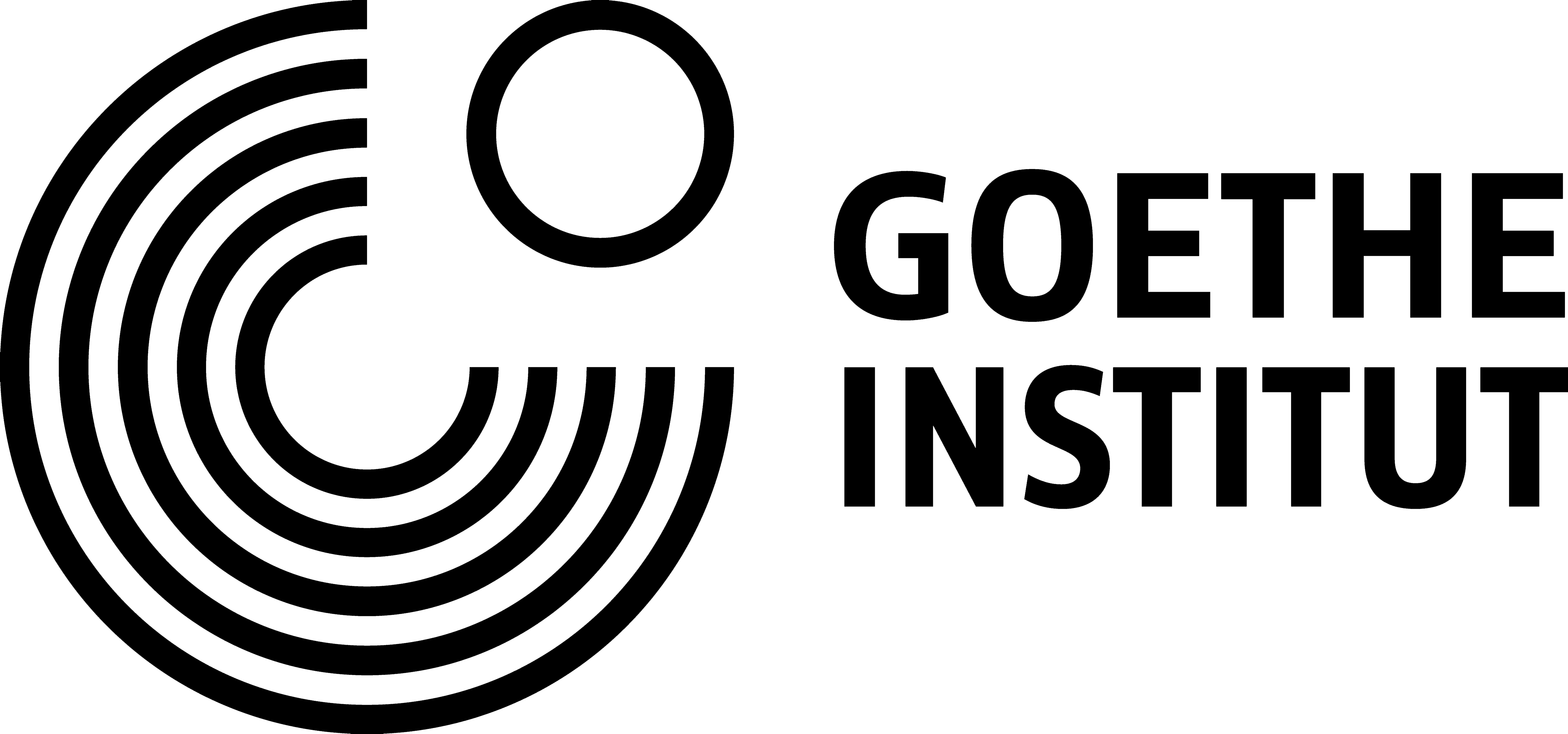Our Nana Benz
by Edwige-Renée Dro
4 min read
“We earned quite a bit of money like that. And so we wanted a comfortable and a solid car. So we bought Benz.”
“That” was selling Wax cloth. Notwithstanding the big debate about the African-ness of the Wax cloth, what matters here is our Nana Benz, those Togolese women (for the most part) who contributed to Africanizing this Dutch cloth – because the cloth is called Wax Hollandais – and making their money in the process.
Dédé Rose Creppy, Nadou Lawson, Eunice Adabunu, Patience Sanvee …, were/are their names.
It is in the 40-50s that they begin their trade by getting their cloths from neighboring Ghana but problems, namely around the Ewé questions are brewing and seem not to look like being resolved. From 1950 to 1960, relations between the two Presidents, the Ghanaian Kwamé N’krumah and the Togolose Sylvanus Olympio, have deteriorated and getting the cloths from Ghana becomes more and more difficult. But these wonderful women are/were not people to sit down and twiddle their thumb; these women who did not have any schooling (for the majority of them) and who had started to be traders to be counted with at the grand marché of Lomé. The politicians’ disputes about the reunification of their country with neighboring Ghana felt like a helping hand from destiny. From the 1950s already, they had begun to negotiate directly with the trading houses based in Togo: GB Ollivant, John Holt or CFAO. From the 70-80s, it was straight to the Netherlands that they were going. They were the ones who proposed the designs, the ones who acquired the distribution monopoly! Now the Dutch would go through them and only them. It is also them who gave the cloths those names that bring out a little smile: l’œil de ma rivale (The eye of my rival); ton pied, mon pied (Your foot, my foot); si tu sors, je sors (If you go out, I go out)… Names that indicate that you don’t play with these women. Women that were beginning to make some feel uncomfortable but as we say in Ivorian parlance: Do I even see you to say I’m watching you? If they were making some feel uncomfortable, they didn’t care or at least weren’t paying any attention.
To better defend their rights vis-à-vis the Togolese authorities, they set up a syndicate: they open bigger shops, air conditioned shops! They build huge villas in Togo, buy apartments in Europe, send their children to school there and of course, because they needed comfortable and solid cars, they buy Mercedes Benz. Mercedes that they gladly loaned to the Togolese State when it was welcoming dignitaries “because the government did not have the means to buy that many Mercedes”.
It is true that there is this eternal debate about the fact that it isn’t because a woman, in this case, women are at the top that they are feminists. But since the mission of this House is so well-defined: feminisms and not feminism. The challenges in the 1940s were not the same as those of today. Then, it was perhaps (definitely) about asserting oneself. Asserting oneself in the society and asserting oneself at home. In fact in a recollection that the daughter of one of the Nana Benz shared about her mother, she said, “She used to tell me that it was necessary to do business to be able to ‘confront your husband’, that is remain his favorite at the expense of the other wives.”
Today, the Nana Benz have somewhat lost that glory: flooding of the market with Chinese copycat designs, devaluation of the CFA Franc but also old age. But our Nanas are not the type of women to be beaten down by little things such as age. Their daughters and grand-daughters that they sent to school in Europe, the United States, have taken up the mantle and continue to give life to their stories. And the rest of us get our inspirations and take pride in these grandes dames. On their shoulders, we stand.
Dédé Rose Creppy
“That” was selling Wax cloth. Notwithstanding the big debate about the African-ness of the Wax cloth, what matters here is our Nana Benz, those Togolese women (for the most part) who contributed to Africanizing this Dutch cloth – because the cloth is called Wax Hollandais – and making their money in the process.
Dédé Rose Creppy, Nadou Lawson, Eunice Adabunu, Patience Sanvee …, were/are their names.
It is in the 40-50s that they begin their trade by getting their cloths from neighboring Ghana but problems, namely around the Ewé questions are brewing and seem not to look like being resolved. From 1950 to 1960, relations between the two Presidents, the Ghanaian Kwamé N’krumah and the Togolose Sylvanus Olympio, have deteriorated and getting the cloths from Ghana becomes more and more difficult. But these wonderful women are/were not people to sit down and twiddle their thumb; these women who did not have any schooling (for the majority of them) and who had started to be traders to be counted with at the grand marché of Lomé. The politicians’ disputes about the reunification of their country with neighboring Ghana felt like a helping hand from destiny. From the 1950s already, they had begun to negotiate directly with the trading houses based in Togo: GB Ollivant, John Holt or CFAO. From the 70-80s, it was straight to the Netherlands that they were going. They were the ones who proposed the designs, the ones who acquired the distribution monopoly! Now the Dutch would go through them and only them. It is also them who gave the cloths those names that bring out a little smile: l’œil de ma rivale (The eye of my rival); ton pied, mon pied (Your foot, my foot); si tu sors, je sors (If you go out, I go out)… Names that indicate that you don’t play with these women. Women that were beginning to make some feel uncomfortable but as we say in Ivorian parlance: Do I even see you to say I’m watching you? If they were making some feel uncomfortable, they didn’t care or at least weren’t paying any attention.
To better defend their rights vis-à-vis the Togolese authorities, they set up a syndicate: they open bigger shops, air conditioned shops! They build huge villas in Togo, buy apartments in Europe, send their children to school there and of course, because they needed comfortable and solid cars, they buy Mercedes Benz. Mercedes that they gladly loaned to the Togolese State when it was welcoming dignitaries “because the government did not have the means to buy that many Mercedes”.
It is true that there is this eternal debate about the fact that it isn’t because a woman, in this case, women are at the top that they are feminists. But since the mission of this House is so well-defined: feminisms and not feminism. The challenges in the 1940s were not the same as those of today. Then, it was perhaps (definitely) about asserting oneself. Asserting oneself in the society and asserting oneself at home. In fact in a recollection that the daughter of one of the Nana Benz shared about her mother, she said, “She used to tell me that it was necessary to do business to be able to ‘confront your husband’, that is remain his favorite at the expense of the other wives.”
Today, the Nana Benz have somewhat lost that glory: flooding of the market with Chinese copycat designs, devaluation of the CFA Franc but also old age. But our Nanas are not the type of women to be beaten down by little things such as age. Their daughters and grand-daughters that they sent to school in Europe, the United States, have taken up the mantle and continue to give life to their stories. And the rest of us get our inspirations and take pride in these grandes dames. On their shoulders, we stand.

Edwige Dro is a writer, literary translator and literary activist from Côte d’Ivoire. Her writings have been published in anthologies like New Daughters of Africa, Africa39 and in magazines and publications like This is Africa, the Eastern African Literary and Cultural Studies, etc.
She has judged many literary prizes, among which the PEN International New Voices and the Etisalat Prize for Literature and has led various creative writing and literary translation workshops in Africa.
She was awarded a Morland Writing Scholarship in 2018 and was a 2021 resident at the Iowa International Writing Program. She is a nominee of the 2022 Rolex Arts Initiative mentorship program.
Edwige is the founder of 1949: the library of women's writing from Africa and the black world, in Abidjan.
She has judged many literary prizes, among which the PEN International New Voices and the Etisalat Prize for Literature and has led various creative writing and literary translation workshops in Africa.
She was awarded a Morland Writing Scholarship in 2018 and was a 2021 resident at the Iowa International Writing Program. She is a nominee of the 2022 Rolex Arts Initiative mentorship program.
Edwige is the founder of 1949: the library of women's writing from Africa and the black world, in Abidjan.

